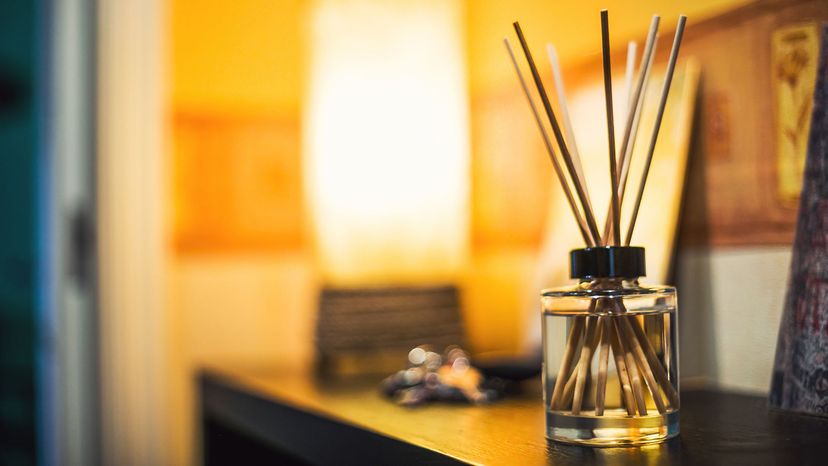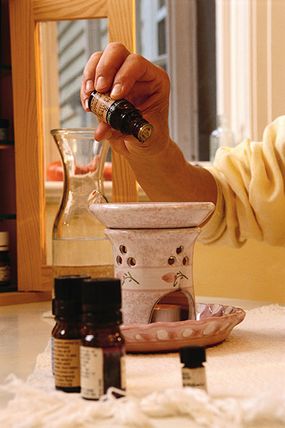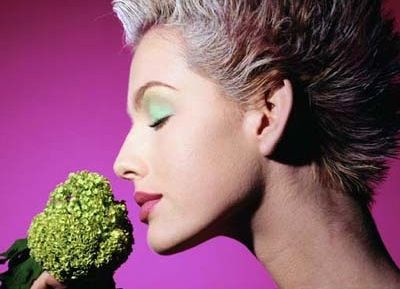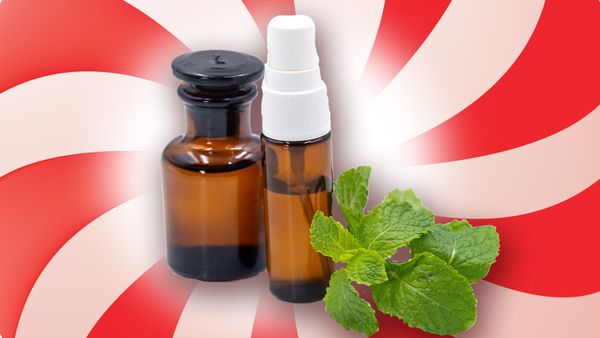
Although incense and candles are still around, there's no denying the stronghold that essential oils have on today's aromatically inclined society. Whether they're used to "treat" an ailment or simply make a room smell nice, they seem to be just about everywhere.
Although essential oils date way back to ancient Egypt, their modern surge started to occur in the 1970s when more people became interested in natural medicine. Today, mega-manufacturers like Young Living and doTERRA offer a variety of oils rumored to cure just about every ailment out there. But the million-dollar question is, are oils and the diffusers used to emit them safe?
Advertisement
First, it's important to know that oils can be applied directly to the skin, or via a diffuser to perfume the surrounding air. If you're going the latter route, there are many types of diffusers to choose from, including ceramic, reed, electric and ultrasonic diffusers. They all function differently, but the end result is that they aerosolize the oils, meaning that they're turned into a fine spray in the air.
Here's where the question of safety gets sticky – the effect of essential oils varies from person to person. "In general, oil diffusers are safe. Their risk of harm is mostly limited to superficial things related to device function, such as burns and minor allergic reaction," explains Dr. Eric Lee, a general practitioner based in St Louis, Missouri, with InvigorMedical via email. "The FDA [Food and Drug Administration] has labelled essential oils as GRAS (generally recognized as safe)."
Advertisement


